Palermo Protocol (2000)
The Protocol to Prevent, Supress and Punish Trafficking in Persons, Especially Women and Children supplements the UN Convention against Transnational Organised Crime specially in the context of the crime of trafficking in persons. In force as of 25 December 2003, it is the first global legally binding instrument with an internationally agreed definition of trafficking in persons. The Protocol aims to prevent and combat trafficking in persons and to encourage international cooperation in investigating trafficking and prosecuting perpetrators. It obligates the parties to criminalise trafficking and to protect and assist victims of trafficking.
Bulgaria is a party to the Palermo Protocol. After accession to the European Union, the Protocol is binding for all EU Member States.
The Protocol introduces several important principles with regard to victims of trafficking:
- The consent of a victim of trafficking in persons to the intended exploitation shall be irrelevant in case of use of threat, fraud, deception, or abuse of a position of vulnerability.
- A person shall be a victim of trafficking even if exploitation has not yet occurred if the person was subjected to recruitment, transportation, transfer or harbouring with the use of threat, fraud, deception, or abuse of a position of vulnerability.
- The recruitment, transportation, transfer, harbouring or reception of children for the purposes of exploitation shall be qualified as “trafficking in persons” even if it does not include threat, fraud, deception, abuse of a position of vulnerability and others.
UN Convention relating to the Status of Refugees of 1951
- Risk of re-trafficking;
- Retaliation by traffickers/exploiters if the victims escaped or cooperated with the authorities in punishing the perpetrators;
- Social isolation and discrimination.
